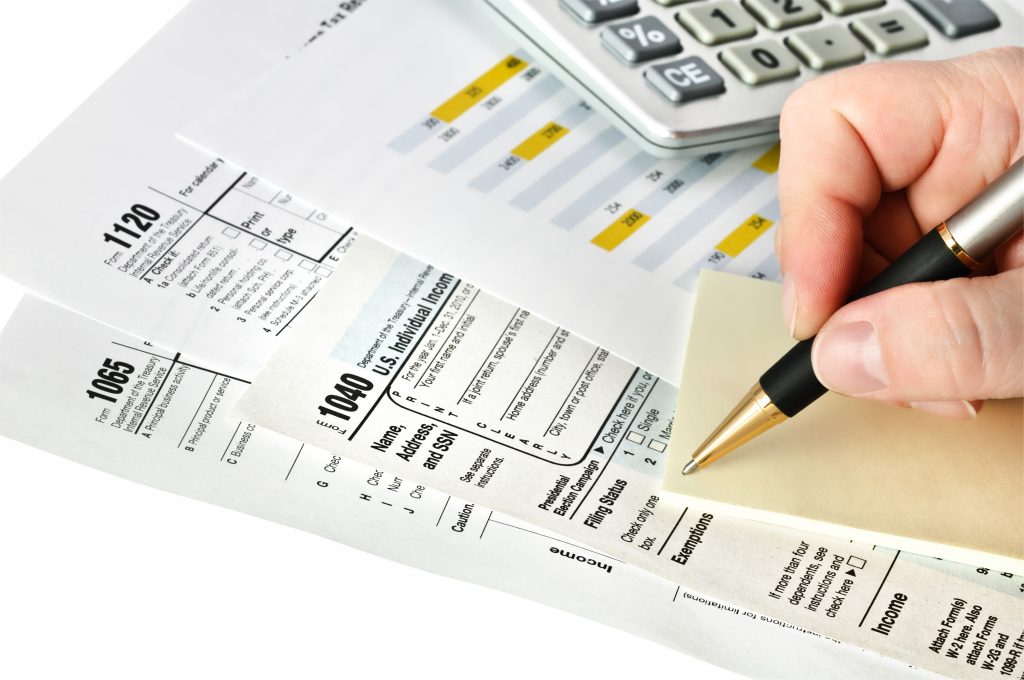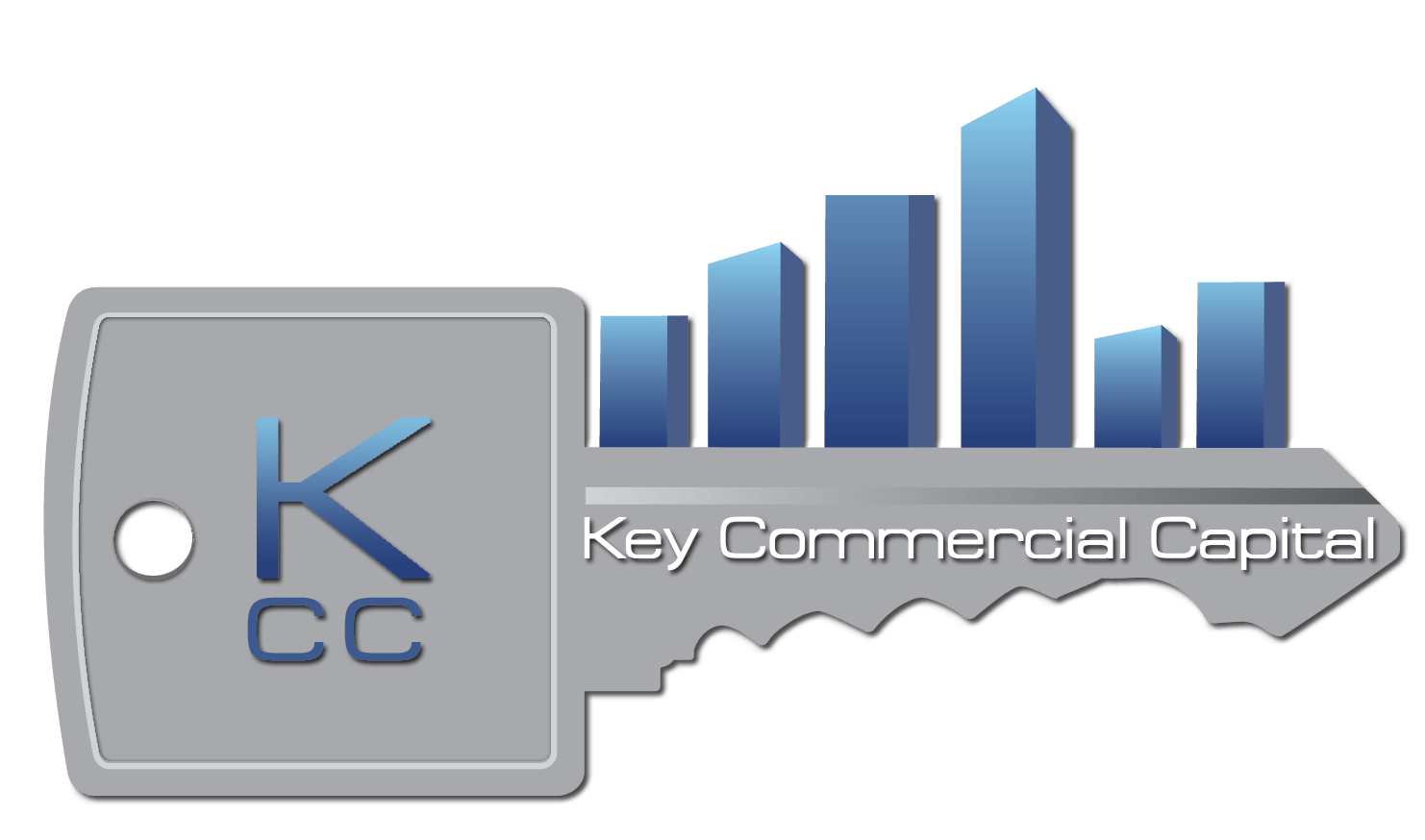How to buy a business and get approved for financing
Are you thinking about financing the purchase of an existing business? Are you considering selling your business? When seeking a loan to buy a business here are some important considerations to think about from both a buyer’s and seller’s perspective. Although negotiations can be a challenge, both parties really can work together to create a win-win situation. Consider the following…
- Is the seller’s business attractive to banks for financing?
- What is the business really worth?
- Bank underwriters and SBA criteria for an acquisition.
- Collateral, downpayment and reserves needed to finance a business acquisition.
- Business Appraisal and Valuation.
- Seller Financing.
- Downpayment amount when buying commercial property.
- Downpayment amount when buying a business (no real estate).
- Why use a loan broker?
How to Finance a Business Acquisition
We break down the process in simple to understand concepts so you and the seller are prepared for a smooth transaction. Just because you or the seller thinks they have a great business does not mean a bank underwriter will find it attractive.
Is the seller’s business attractive to banks for financing?
If you plan to sell your business at some point in the near or distant future it is important that you understand how important it is to make sure that your bookkeeping is accurate and that your financials are structured properly. I have seen many truly good businesses that are showing high revenues and record sales sell for much less than they should, simply because their bookkeeping, expenses and tax returns are not organized the right way. Of course one of the benefits of being a business owner is the ability to write off certain personal expenses. This practice is fine if kept within reasonable limits, but must not be taken to the point of creating a serious loss to the profitability of the business. If this is your current practice, it would be best to minimize the personal expense write-offs for a period of at least 2 to 3 years before you want to consider listing your business for sale. Most banks will want to see 2 to 3 years of corporate tax returns from the seller, as well as Profit and Loss Statements and Balance sheets. It is best to think and to plan ahead on making sure these documents look as good as possible for the valuation of the business when you are ready to sell. Minimizing profits to save on taxes is also smart, but keep in mind if you want to sell for a favorable price you must show good profitability and pay the taxes owed.
What is the business really worth?
It is a fantasy to think that someone will come along, fall in love with the business and buy it with their own funds, regardless of the need for financing or evaluation of the financials. This may occur in some instances, but it is not the norm. Most buyers will want to finance a portion or the bulk of the funds needed for the acquisition. If any type of financing for the purchase of an existing business is going to be involved in the transaction there will always be an evaluation of the financials, whether the loan will be an SBA loan or a conventional loan.
Bank underwriters and SBA criteria for an acquisition
When a team of underwriters look at a file to determine if it qualifies for financing there is an understanding that some of these personal “write-offs” can be added back in to show a higher profit margin. However, keep in mind that underwriters are not big fans of allowing significant personal “add-backs”. Additionally, it is important that business owners take reasonable salaries and be able to still show a corporate profit at the end of their fiscal year. Some believe that all of the profit should be taken personally to avoid paying corporate AND personal taxes. Creating a corporate loss or very low profit by taking too much owner compensation or unnecessary expenses year after year, can cause the business to look unprofitable to a lender who is considering financing for the acquisition. The above seems obvious, but it is shocking to see how many files come across my desk with this being the case. I have also seen business owners be turned down for working capital loans to be used for expansion, simply because the corporate tax returns showed no profit due to the owners paying themselves too much.

https://www.sba.gov/offices/district/mo/st-louis/resources/verification-financial-information-tax-transcriptsTax Records
Many business owners have their business profits “flow-through” their personal tax returns, rather than paying themselves a payroll or showing line item 7 (compensation of officers) on the corporate tax return. This practice is also not a good idea when you are planning to sell your business. Some business owners are very hesitant to cooperate in sharing corporate tax returns and financials with potential buyers. Be prepared to bare all if you want to sell your business. Additionally, if the profit from the business is not shown as compensation of officers and is flowing through on the personal tax return, the personal tax returns will ALSO have to be an open book. The point is to be prepared to have your financials evaluated. If you want to refrain from sharing your personal tax returns with potential buyers, be sure to show compensation of officers properly on the corporate tax return and be certain that the amount is one that will still allow the corporate return to show a good profit on the bottom line.
The following information is needed for purchasing an existing business:
- Personal Financial Statement
- Tax Transcripts from the IRS
- Current balance sheet and P&L statement of business to be purchased
- Previous two years federal income tax returns of the business
- Proposed Bill of Sale including Terms of Sale
- Asking price with a schedule of inventory, machinery and equipment, furniture and fixtures
- Projected Financial Statements – Include a detailed, one-year projection of income and finances and attach a written explanation as to how you expect to achieve this projection.
Ownership of other businesses is considered
If you are looking to buy a business, or to start your own new business there are a few things to keep in mind on your own tax returns to plan ahead for the possible need to qualify for financing. If you own multiple rental properties and the properties are owned by you as part of an LLC or corporation that files a separate tax return, you might be showing an amount of depreciation that causes the return to show a loss. This is wonderful because you are collecting rent, paying the mortgages on the properties and likely making a bit of a profit after the mortgages and expenses are paid. It is likely that the level of depreciation shown on the corporate return is such that a loss is created so you do not have to pay taxes on the profit. This sounds fine until you apply for financing for your new business venture or acquisition and the bank asks you for 3 years personal and corporate tax returns. If you own 20% or more of the shares of the corporation or LLC that is showing a loss, you may have a hard time qualifying for a business loan for your new venture. It does not matter that the rental properties are listed as a separate business. Some lenders will refuse to look at your file simply because you are in ownership of a business that is showing a loss. You will need to be certain that your household employment income is a high enough amount to overcome the problem of the corporate loss from the rental properties. This may be a struggle if you are planning on leaving your job to pursue a new business venture and need financing.
The same rule applies to any other business that you own. Banks call these “affiliate businesses”. Lenders do not want to provide loans for new business ventures or acquisitions when current or affiliate businesses are showing losses. This is especially true for someone applying for a working capital loan to start up a new business or to purchase a new franchise territory. Underwriters will be leery about financing a new venture fearing that the funds will be misused to help the suffering business, rather than being put toward the new business venture. A good rule of thumb is to show consistency and growth over a 3 year period. It is understandable that a new business might show a loss in its first year. Banks will want to see growth in year 2 and again in year 3 in order to feel good about providing financing for the existing business expansion or a new business venture.
Collateral, downpayment and reserves needed to finance a business acquisition
Whether you currently own rental properties or an affiliate business or not, your best bet is to be prepared with 20 to 30% of the total project cost to put toward a down-payment and the same amount in reserves or savings. There are SBA Working Capital Express loans for $150,000 and less that allow a borrower to squeak by with a 10% cash injection and 10% in reserves. These borrowers should plan on plenty of household income; very low debt and good credit report scores. These SBA Express Loans for $150,000 or less CANNOT be used for business acquisitions. This is a very common misconception about this loan product, so much that I will repeat it. SBA Express Loans cannot be used for business acquisitions.

Business Appraisal and Valuation
What is the next step if you are interested in moving forward to purchase an existing business that does show good profitability on the corporate returns and the financials look healthy? It would be wise to discuss with the seller how they arrived at the asking price. To get a loan to buy a business, banks will want to know the explanation of what the asking price is and why. Either the seller or the buyer will need to pay for (or split the cost of) a business valuation and an appraisal if there is commercial real estate involved. This should be discussed between the two parties to come to an agreement on how this cost will be covered. These costs can total $5,000 ($2,000 for 3rd party business valuation) and ($3,000 for commercial real estate appraisal). Before making an offer, it would be wise to get a valuation done through the bank that will be providing the financing. Many banks that provide loans on a national level have partner contacts in each state that they hire to perform the 3rd party business valuation and appraisers for determining the value of the commercial real estate. The valuation and appraisal will help determine the actual value of the business, which is required by the SBA and the bank. The bank will want to be certain that it is financing an acquisition that is actually worth the agreed-upon purchase price. The SBA will want to ensure it is providing backing for a loan amount that is justified.
Seller Financing
It is also important to know if the seller is willing to carry part of the note. This tends to help strengthen the deal from an underwriting perspective. If the seller is willing to finance 10% of the agreed-upon purchase price it provides an extra comfort level for the bank providing the financing. The transition of ownership tends to be a smoother process when the seller remains involved (even for the small amount of 10%) for the term of the loan. Cooperation and taking a team approach will make the transaction between seller and buyer a more positive experience. The seller does not want to accept too little and the buyer does not want to pay too much. In the end, to find a middle ground and to work together to minimize the stress of making the exchange is ideal. The term of the loan is determined by what is involved in the purchase. A 10-year term is the most common for SBA loans that do not involve a commercial real estate purchase. Most SBA loans that are a 10-year term are fully amortized and do not have a pre-payment penalty. They are variable based on WSJ (Wall Street Journal Prime Rate) plus a fixed rate. Most commonly you will see WSJ Prime plus 2.75% fixed. Some lenders may offer less on the fixed portion of the rate. Loans involving commercial real estate are usually long-term and can possibly be a fixed rate. They will likely have a pre-payment penalty of some sort.

Downpayment amount when buying commercial property
The buyer should expect to put in 10 to 15% of the total project cost involving a commercial real estate purchase including the purchase of the business itself. The commercial property becomes the collateral for the loan and thus usually will allow for a lower down payment percentage. An additional important fact to mention if the borrower is obtaining SBA financing for the acquisition: The SBA requires the business to occupy 51% (more than half) of the commercial space for its own operation. A part of the space can be rented out or leased out, but the business obtaining the loan must occupy more than half of the total square footage of the space for the daily operations of the business.
Downpayment amount when buying a business (no real estate)
If the sale is just for the business alone and there is no commercial real estate involved, the buyer should be prepared to put in 20 to 30% of the project cost, possibly more in some cases. Banks may or may not require the seller to carry part of the note. If the seller is not willing, there can still be a way to get the deal done if the file has other strengths. Buyers should be able to show a good amount of reserves (savings and/or investments) in addition to the down-payment funds and should plan on a strategy for personal collateralization (especially if there is no commercial real estate involved in the acquisition). The value of the equipment and business assets being acquired are figured into the deal, but may not be enough backing for the loan. The SBA requires lenders to discount the actual value of the equipment at half or less when it comes to using equipment as collateral. For this reason, most acquisitions will require additional personal collateral from the borrower. The most common forms of personal collateral borrowers pledge to a loan are accepting a position lien on a personal asset like a primary home, rental home, land or in the form of cash collateral.
Learn more about equity injection: SBA guideline of equity injection
Collateral needed for a loan to buy a business
The SBA requires all loans of $350,000 and higher to have dollar-for-dollar collateralization. If the personal collateral being pledged to back the loan falls short of the dollar amount, the shortfall is usually completed through the use of an assignment of a life insurance policy. Loans less than $350,000 do not require dollar-for-dollar collateralization by the SBA, but the lender will likely want to make sure their risk is mitigated by a good amount of personal backing pledged by the borrower.
Are there banks willing to provide financing for acquisitions below $350,000? I was lead to believe in the past that acquisitions were complicated and so complex that lenders did not care to get involved unless the loan amount was high. This is not necessarily the case. There are many misconceptions about what banks will or will not do and probably even more about how the SBA is involved in the process. It is a good idea to find a good Business Loan Broker or Business Financing Advisor to work with to help guide you through the process.

Are there any alternatives to SBA Acquisition Loans?
Yes, if you are buying a business for under 150K there is a non-SBA unsecured bank loan program that is right for you. The advantages being minimal underwriting and no requirements for business appraisals, tax records or projections.
- Credit score across all 3 bureaus must be 700 or above with good credit usage history
- No requirement of owner/operator proximity or industry experience
- No downpayment expectation or evaluation of cash reserves
- No real estate pledge required – loan is completely unsecured
- 2 Years Tax returns and last 3 pay stubs required for pre-qualification
- Each spouse (if working) may qualify for 1 to 2 times adjusted gross income that has been shown for 2+ yrs.
- Funds can be pooled together by multiple owners to obtain total amount needed
- 1 day pre-approval with soft credit pull with a 3-4 week window from pre-approval to final funding
- No business tax returns or financial reports (P&L or Balance Sheet) evaluation required
- No restrictions, no financial projections, no business plan or explanation of experience in local market
- No landlord or Contractor documents required
- Fees: No upfront fees. One fee based on a set percentage of the final loan amount. Paid at final funding
Fill out our pre-qualification form and talk to a financing consultant to learn more.
Working with a knowledgeable loan broker
Business Loan Brokers/Advisors usually know exactly what their lender partners are looking for in a file. They also know which banks will consider loans for particular industries. Certain banks sometimes favor certain franchises or industries and dislike or prefer not to lend to others. Many have very different qualification requirements. The SBA has its own SOP (Standard Operating Procedures) and guidelines it mandates and each lender may also have their own additional set of rules or guidelines they require internally. It can all be very confusing and convoluted, like finding your way through a maze. The likelihood of getting approval by walking into a local community bank for a business start-up loan or business acquisition loan is slim. Additionally, there might be a pre-approval given out (which is NOT a commitment to lend). The borrower feels false hope of a pending approval, only to be lead down a LONG path of time and resources being wasted to get an eventual result saying, “I am sorry, we are unable to provide financing for your project at this time”.
A good Business Financing Advisor will know where to take the loan for the best chance of approval and should be able to inform you about the average time frame expected between the loan approval, processing and closing. The Business Financing Advisor will also keep the financing for your business project on track. I have seen local community bankers sometimes sidetrack borrowers by getting them involved in home refinancing and all sorts of other bank products, instead of staying focused on the business financing project that was initially requested.
In summary, whether you are a seller or a potential buyer of an existing business, it is wise to plan ahead for what will be expected. It is beneficial to work together and to communicate about what will be necessary to minimize stress and come to a middle ground that will make both parties satisfied with the transaction. It is worthwhile to do your research and find someone with experience in the business financing industry that is not just working for one bank. A well-qualified Business Financing Advisor will know what it will take to turn a “NO” into a “YES” and where to go for the best rate of success in getting a deal done as efficiently as possible.

Key Commercial Capital
Tampa, Florida

